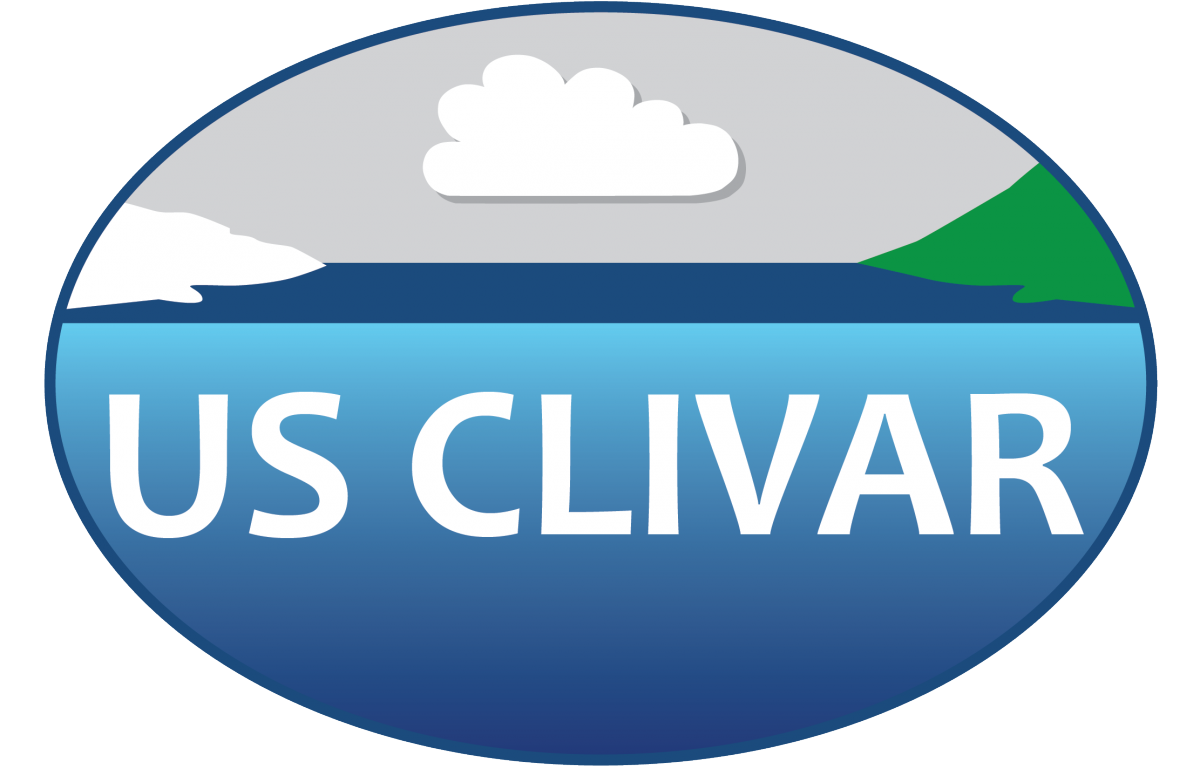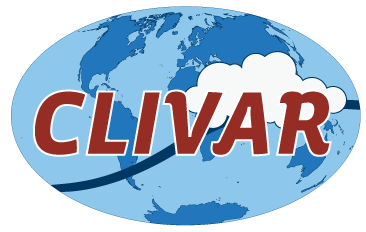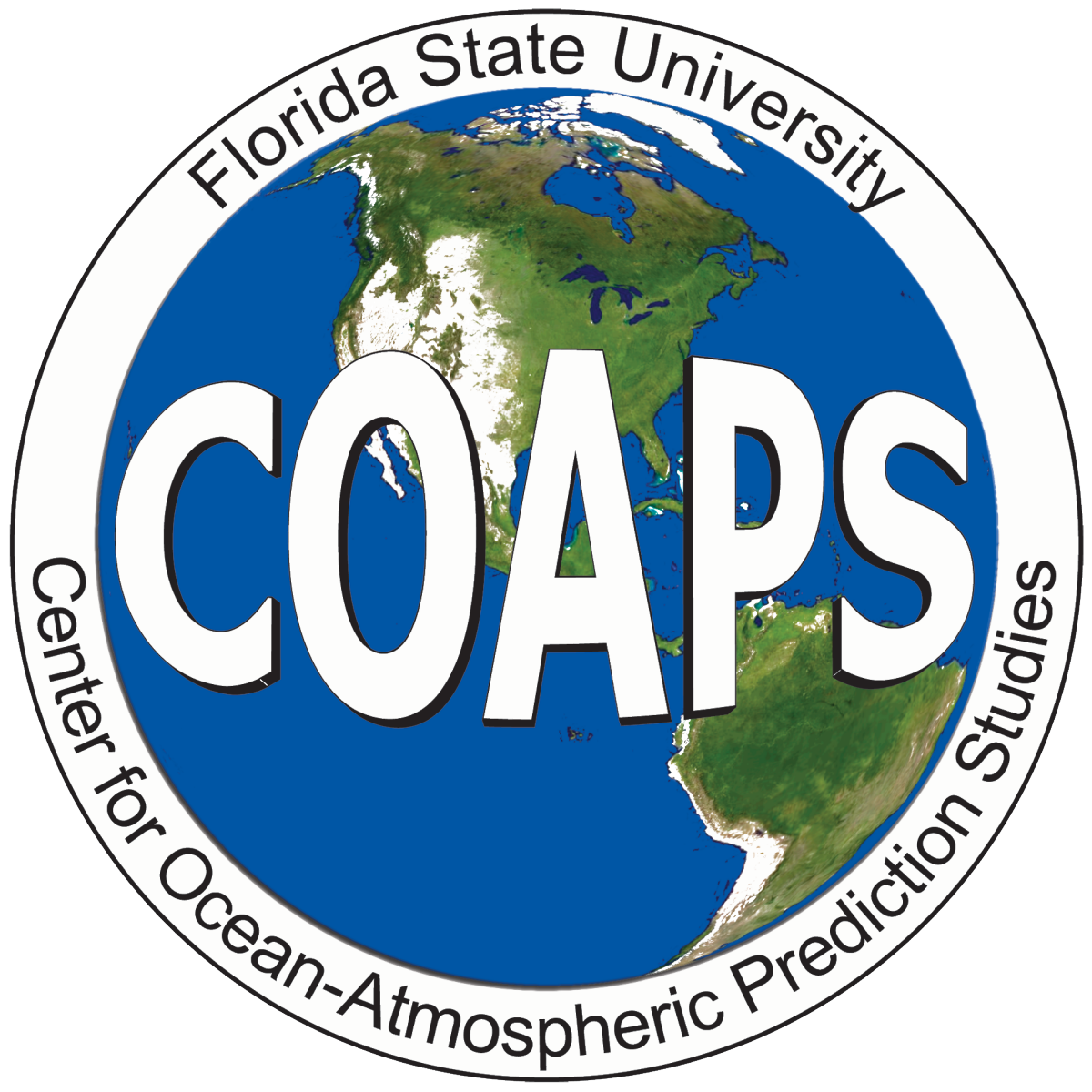Abstract/registration site open for Workshop on Sources and Sinks of Ocean Mesoscale Eddy Energy

Objectives
Ocean mesoscale eddies and their energy sources and sinks are a direct example of process-level understanding that contributes to our comprehension of climate variability and change as it relates to the ocean. This meeting will advance our understanding of this topic by targeting scientists at the forefront of high-resolution modeling and research, development, and applications.
The specific objectives of the workshop include:
-
Reviewing recent theoretical and observational advances on the understanding of eddy-mediated energy exchanges.
-
Identifying future observations that could better constrain our estimation of these exchanges.
-
Guiding the representation of these exchanges in ocean circulation models through physical parameterizations.
At the workshop, new results from the JRA-55 (Japanese 55-year Reanalysis) dataset experiments will provide the opportunity for comparison of climate- and high-resolution ocean models. Furthermore, the workshop will provide a venue for new ideas and results from projects and missions related to this topic, including modeling and observations of balanced mesoscale eddies with submesoscale flows in the surface ocean, interactions with the internal wave field, status of subgrid-scale closures for eddying models, eddy dissipation along boundaries, among other recent advances.
This workshop will be held in conjunction with a CLIVAR Ocean Model Development Panel (OMDP) meeting.
Participants
The workshop will bring together scientists involved in ocean and climate modeling, research, and other related activities relevant to ocean mesoscale eddies. Meeting participation will be limited to 120 participants. Limited travel support is available for early career scientists, and a short application will be provided during registration. Abstracts can be submitted for poster presentations and a limited number of oral presentations (Note: an abstract is not required to attend the workshop). The Organizing Committee will review abstracts and early career travel support requests and make its decisions in December.
Format
The workshop will focus the meeting's objectives over three days, including plenary sessions with a few invited talks, contributed presentations, poster sessions, breakout groups, and in-depth discussions. A more detailed agenda will be coming soon.
Outcomes
A key outcome of the workshop is the interaction and information exchange among the participants. In addition, members of the organizing committee and others plan to publish an article in the Journal of Advances in Modeling Earth Systems (JAMES), reviewing major research breakthroughs, outcomes, accomplishments, and future directions.
Scientific Organizing Committee
Baylor Fox-Kemper, Brown U. (workshop co-chair)
Simon Marsland, CSIRO (workshop co-chair)
Eric Chassignet, Florida State U.
Enrique Curchitser, Rutgers U.
Stephen Griffies, NOAA GFDL
Ivonne Montes, Instituto Geofísico del Perú
Hyodae Seo, WHOI
Anne Marie Treguier, CNRS
Wilbert Weijer, Los Alamos National Lab.
Program Organizing Committee
Jeff Becker (US CLIVAR)
Mike Patterson (US CLIVAR)
Kristan Uhlenbrock (US CLIVAR)
Workshop Sponsors



Workshop Host












Add new comment